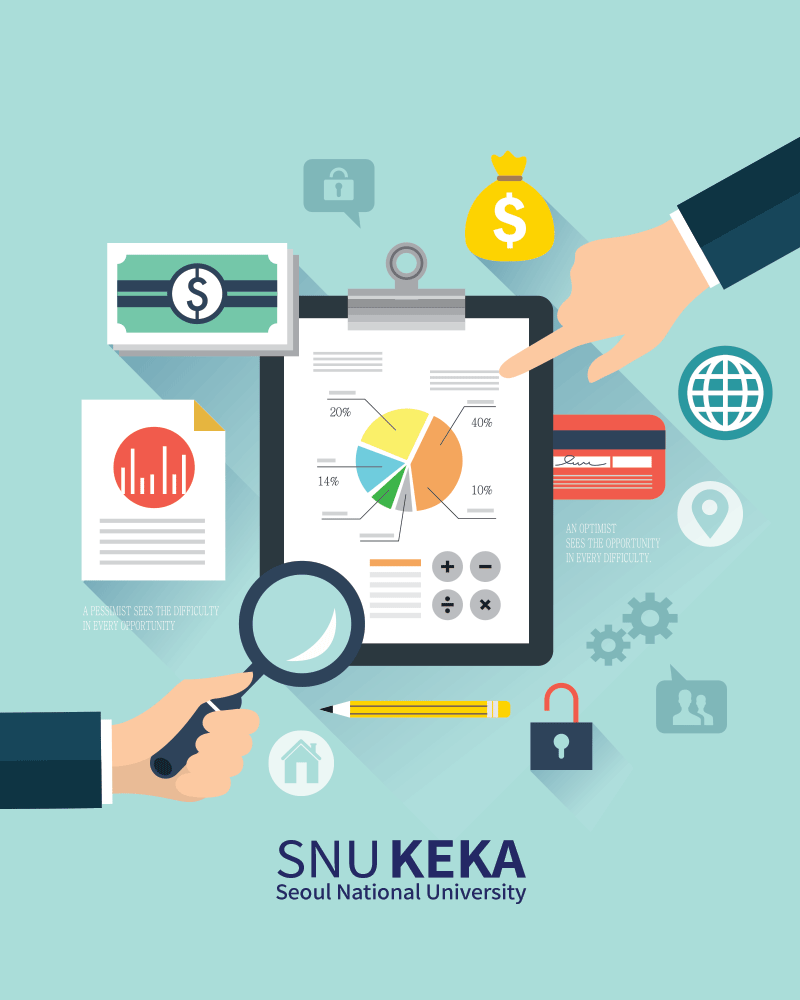Korea’s GNP was estimated to be $1.77 billion shortly following the founding of the government (Nathan Report). More than 70 years later, in 2021, the country’s GDP stands at $1.8 trillion, ranking it tenth in the globe (IMF Database). Korea’s GDP has topped KRW 2,000 trillion, while GNI per capita has surpassed KRW 40 million (BOK ECOS). The ravages of the Korean War had left the country so destitute that survival without foreign aid from allies was next to impossible. However, the same country has now emerged as a mid-sized ODA donor since it became a DAC member of the OECD. It not only has a full-fledged political system and a sophisticated civil society, but it also has demonstrated the power to lead popular culture globally.
Countries throughout the world have been watching the astonishing and miraculous expansion of the Korean economy with bated breath, and one study followed another to explain its success story. Leading academics from both home and abroad participated in these research projects, and extensive efforts were made to distribute this uniquely Korean experience around the world. Now is the moment to collect, compile, and disseminate all relevant existing research while simultaneously conducting new studies. The Center for Korean Economy and K-Academics (KEKA) at Seoul National University was established with the goal of deepening education and research on Korea’s economic development, promoting and presenting research findings, and seeking to establish itself as an international hub for research on Korean economic development.
First, we generate and distribute online video lectures presenting Korea’s economic development from many perspectives to experts, students, and the general public in Korea and around the world.Second, we perform academic research on a variety of topics linked to Korea’s economic development, with a focus on long-term patterns, particularly from the perspective of economic history.Third, we print textbooks, research works, sourcebooks, and booklets on Korea’s economic development in both Korean and English and distribute them to major institutions both inside and outside the country.Fourth, we encourage multidisciplinary exchanges among academic subjects that are directly or indirectly relevant to the Korean economy, and we provide an opportunity to explore broader themes such as Korean language, culture, and the country’s and its people’s potential.


